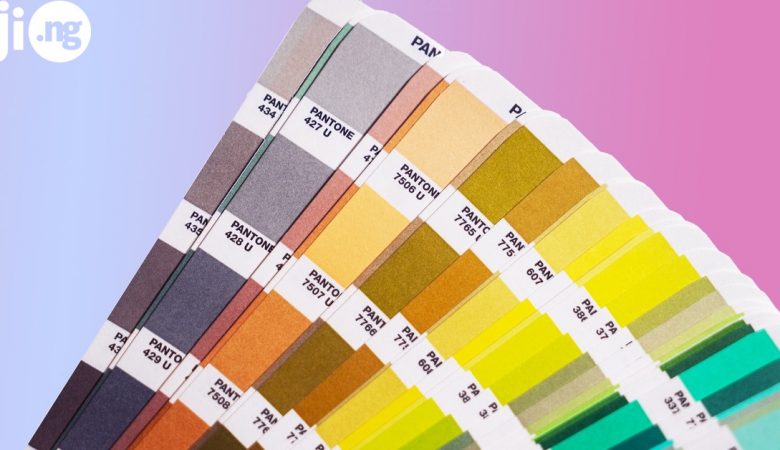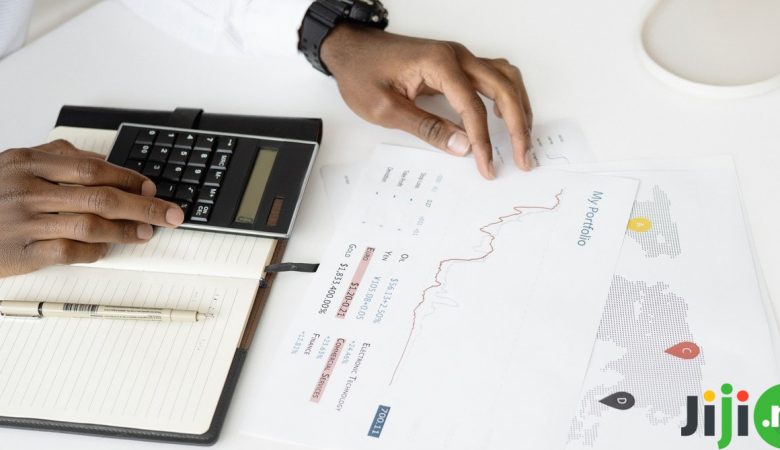The National Identification Number is one of the latest attempts by the Nigerian government to prevent various kinds of frauds in the country. There are several instances where you may need to know your NIN, and here is how to do it plus an explanation of what the National Identification Number actually is.
Access all kinds of online services with your new laptop from Jiji
1. What is NIN?
The National Identification Number is the initiative by the National Identity Management Commission, which was founded in 2010. Since then, the Commission has worked on ensuring every Nigerian has their own unique identification number that can be used for various purposes:
Read more: How To Check BVN On Your Phone
- Open personal bank accounts
- Payment of your taxes
- Obtaining a driver’s license
- Applying for an international passport
- Obtaining your National e-ID card
Any Nigerian without a National Identification Number can apply to the program and obtain their number. The program does not have age limits and children can enrol in the system from birth. The NIN itself is a random composition of 11 digits that serve as a reliable way to verify the person’s identity. When applying for the identification number, you need to provide a string of personal data, including 10 fingerprints and a face photo, which is why no one can obtain more than one NIN. It also goes without saying that you need to keep your National Identification Number very secure and never share it with anyone.
2. How to check your NIN
Ideally, when you obtain your National Identification Number, you should save it somewhere safe where no one else will be able to access it. However, it’s not uncommon for your NIN to get lost, and given the amounts of information we need to remember every day, it’s not very plausible that we will forever keep the 11-digit identification number in our memory.
Read more: Full List Of All Mobile Phone USSD Codes For Banks In Nigeria
The good news is that you are not out of options and there are two ways to learn your NIN without enrolling for a new one. First, you can visit the nearest NIMC Enrolment Center to enquiry about your identification number. It does not necessarily have to be the center where you originally applied for your NIN – if you moved to a different location, you can use the local Enrolment Center with all relevant documents to verify your identity.
The other option is to use your mobile phone. This option works on all major Nigerian service provider, but it’s a paid feature: each request will cost you ₦20. To learn your NIN, simply dial the *346# USSD code from your phone and you will receive an automatic reply with your NIN in seconds. Preferably, you should make the query from the mobile number that is associated with your NIN, BVN, and other services, but you can use another phone number and supply the requested identification measures when prompted.
3. e-ID card
After the National Identification Program has successfully worked for several years, the NIMC came up with another initiative – the e-ID card. Every Nigerian citizen who has already obtained a NIN is eligible for an e-ID card, but it is only given to individuals aged 16 and older. The e-ID card contains a special chip that serves as your unique identification method. The NIN is not printed on the card, but it is embedded in the chip.
Read more: How To Block Your Bank Account And SIM Card In Case Of Emergency
Besides identification, the e-ID card currently has several important uses and more applications are expected to be unveiled in the nearest future. Right now, you can use the e-ID card for travel, security, payments, and more. If you already have your e-ID card but have misplaced it or cannot use it for any other reason, contact the nearest NIMC office for a re-issued card. The original application for e-ID is free, but any card renewal or re-issuing are paid features.
Buy and sell with confidence from your phone using the Jiji app










